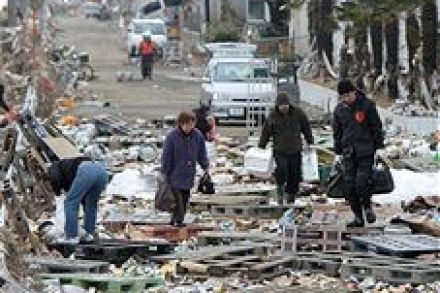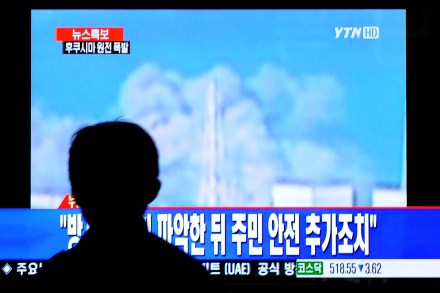Hillary the hawk
Intervention it is then. Cue lots of politicians walking around with rousing West Wing music in their minds’ ears. This is the part where they get to play the good guys. Until something goes wrong, and they are bungling idiots again. Of course, it’s good for everyone to feel that a bombing campaign in Libya is a multi-lateral, UN decision – not an Iraq. But if this turns into a long campaign, American airpower will be expected to do the vast majority of the work. And while Obama may be reluctant to engage on a third front, there are plenty of enthusiasts in Washington – none more so than Hillary













